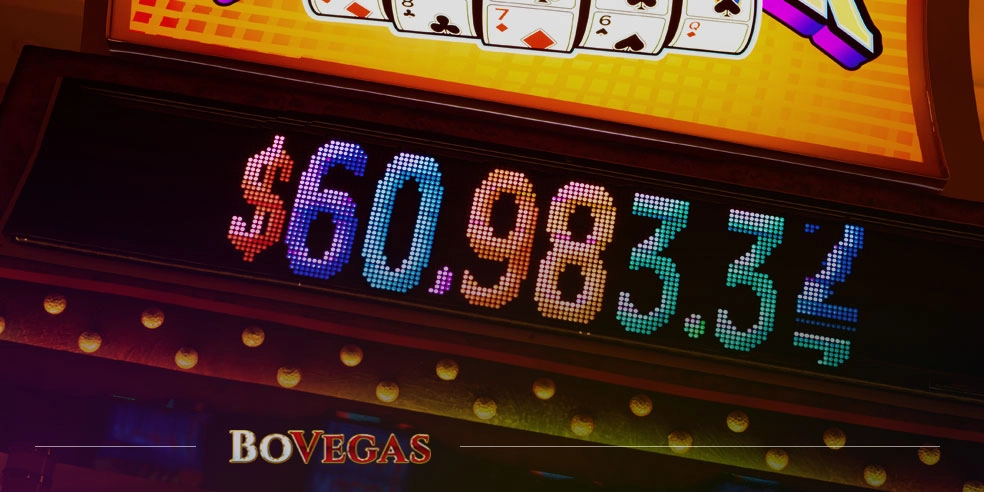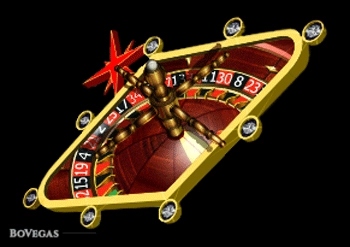



It’s widely known that Native Americans from the US have exclusive rights for opening their gambling venues on the territories belonging to their tribes. However, there are also many popular misconceptions about Indian casinos and the way they work. Many people tend to think that every adult Native American can just open a private casino and start generating huge profits in less than no time!
Others believe that Native American casinos don’t pay taxes, and some people think that the right to operate casinos was graciously granted to the indigenous people of North America by the government. So often enough, when players visit super-successful Indian casino projects like Foxwoods Resort or Mohegan Sun, which are located in the State of Connecticut, people frequently tend to think that Native American gaming venues are real cash pumps.
However, all those claims are not completely right; or in some cases not right at all! So like any other gambling business, Native American casinos have to adhere to a great number of regulations and local laws.
That’s why we have gathered all the most popular misconceptions and assumptions in order to provide a clear view of Native American casino business and to tackle all the tricky questions that may arise. So, let’s start!

Some people tend to think that the US government had granted Native Americans the right to operate casinos as a compensation for all the suffering and hardship that the indigenous nations had to go through after the Europeans colonized America. Well, this sounds like a rational and fair thing, but it has nothing at all to do with the real story.
As a matter of fact, the first-ever Indian casino opened in 1970 on the territory of Seminole Tribe, which is based in the State of Florida. At that time, gambling wasn’t legal in Florida and the state authorities wanted to shut it down. However, the case managed to make it to the Supreme Court, where Seminole were granted the right to have a casino of their own.
Since tribe lands in the US have a legal status of federal-granted territories that are located within state borders, the court had come up with the conclusion that the tribe members have the right to decide whether or not to legalize casinos. This case was a federal law precedent that opened the way for all the other Native American tribes in the US.
Even though Native American tribes have slightly different legislation and a set of rights distinct from that of non-tribe territories, they still have to pay taxes, just like any other business in the US! The size of the chunk of tax cut they have to pay is defined individually at the state level – in different states they can vary in size dramatically! And of course, the taxation is flexible – as Class III casinos have to pay less tax than Class I casinos.

As we pointed out before, Native American gambling laws are pretty specific. The Indian Gaming Regulatory Act (IGRA) that was first adopted in 1988 defines some important terms: the decision to open a casino on tribal territories can not be a purely individual one; rather, the casino can only be made by a tribe.
And even though the idea of opening a casino sounds like a brilliant commercial enterprise, not all the tribes have come up with the idea of making one. So today, there are as many as 562 tribes that are recognized on the federal level in America, but only 200 of them have decided to legalize gaming on their territory.
Also, IGRA clarifies that every member of the tribe has a right to get a cut from the local casino business, and that some percentage of the total income should be directed for any collective tribal needs. However, this doesn’t mean that all the tribe members are going to get the same share of income, and that cut is normally defined by tribe officials.
According to research conducted by Duke University Center for Child and Family Policy, the effect of casino business on the social and economic conditions was evaluated as either neutral or positive. In most cases, additional profits generated by local gambling businesses have an increasingly positive effect on the whole community.
A good example of this claim is the story of The Eastern Band of Cherokee Native Americans, who decided to open a casino on their land and made a decision to share all the profits equally between all the tribe members. Since the benefits were fairly divided between the whole tribe, everyone in the community was interested in its development.
In a year after the casino was launched, every tribe member received only $595. However, several years later, the annual cut grew dramatically up to $12,000. That money was also assigned to underage members of the tribe so many of them could pay for college or start their own business when they reached 18 and could finally get their money.

Online gambling has undoubtedly taken a place of true supremacy over the casino industry during the pandemic. And the reason for that is quite clear: online casinos are more accessible, and you can always count on some encouragement from the casino administration to help you boost your game. However, this digital revolution has only been […]
Because the gambling industry is connected to money, it will always be discussed in the framework of morality. Especially now that online betting is on the rise, ethical issues rise to the forefront. While many people ask themselves: “Is gambling a sin?”, they tend to confuse addictive behavior or particular unfairness with casino entertainment in […]
Surfing the web, you can notice numerous questions that are often asked: “Is it funnier to play slots or lotteries?”, “What to choose: games of chance or games of skills?” or “Baccarat vs. blackjack: what is better?” Obviously, blackjack is due in no small part to the world of gambling and, surely, deserves the attention […]
Today, gambling is mostly associated with either entertainment or with objective, emotionless analysis. Some people believe they can tip the odds with the help of their intellectual skills, while others rely on luck and faith in a successful outcome. However, not so many of us assume that gambling is almost as old as the world […]
If you love gambling and have been to a land-based casino at least once, you may have thought about becoming a dealer. Playing the same game but from the opposite side, while communicating with other players, sounds like a dream job, right? A dealer is a straightforward job, and you will be the heart and […]
On Monday September 14, MGM announced that it plans to open its first smoke-free casino at the end of September, when Park MGM will finally reopen its venues to players and tourists. The resort comprises around 2,990 rooms and various restaurants, and it’s set to be reopened on September 30. The venue has been closed […]
Online gambling has undoubtedly taken a place of true supremacy over the casino industry during the pandemic. And the reason for that is quite clear: online casinos are more accessible, and you can always count on some encouragement from the casino administration to help you boost your game. However, this digital revolution has only been […]
The large selection of online gambling sites out there can make players somewhat puzzled, and give them a feeling of uncertainty about making the right choice of casino. Each online gambling venue offers its own conditions, games, and various bonuses, of course; but the most important thing is the reliability of the casino and the […]